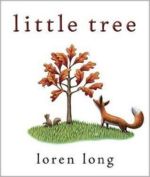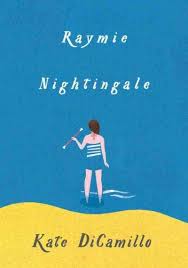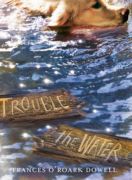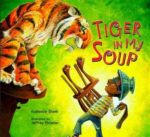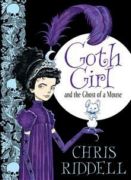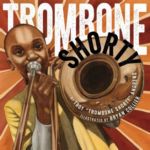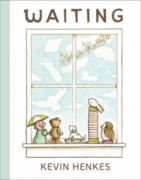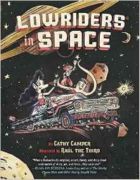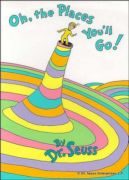
Don’t be fooled by the title of this seriocomic ode to success; it’s not ‘Climb Every Mountain,’ kid version. All journeys face perils, whether from indecision, from loneliness, or worst of all, from too much waiting. Seuss’ familiar pajama-clad hero is up to the challenge, and his odyssey is captured vividly in busy two-page spreads evoking both the good times (grinning purple elephants, floating golden castles) and the bad (deep blue wells of confusion). Seuss’ message is simple but never sappy: life may be a ‘Great Balancing Act,’ but through it all ‘There’s fun to be done.
Join the discussion of Oh, The Places You’ll Go! as well as other books centered around relocation on our My Take/Your Take page.
